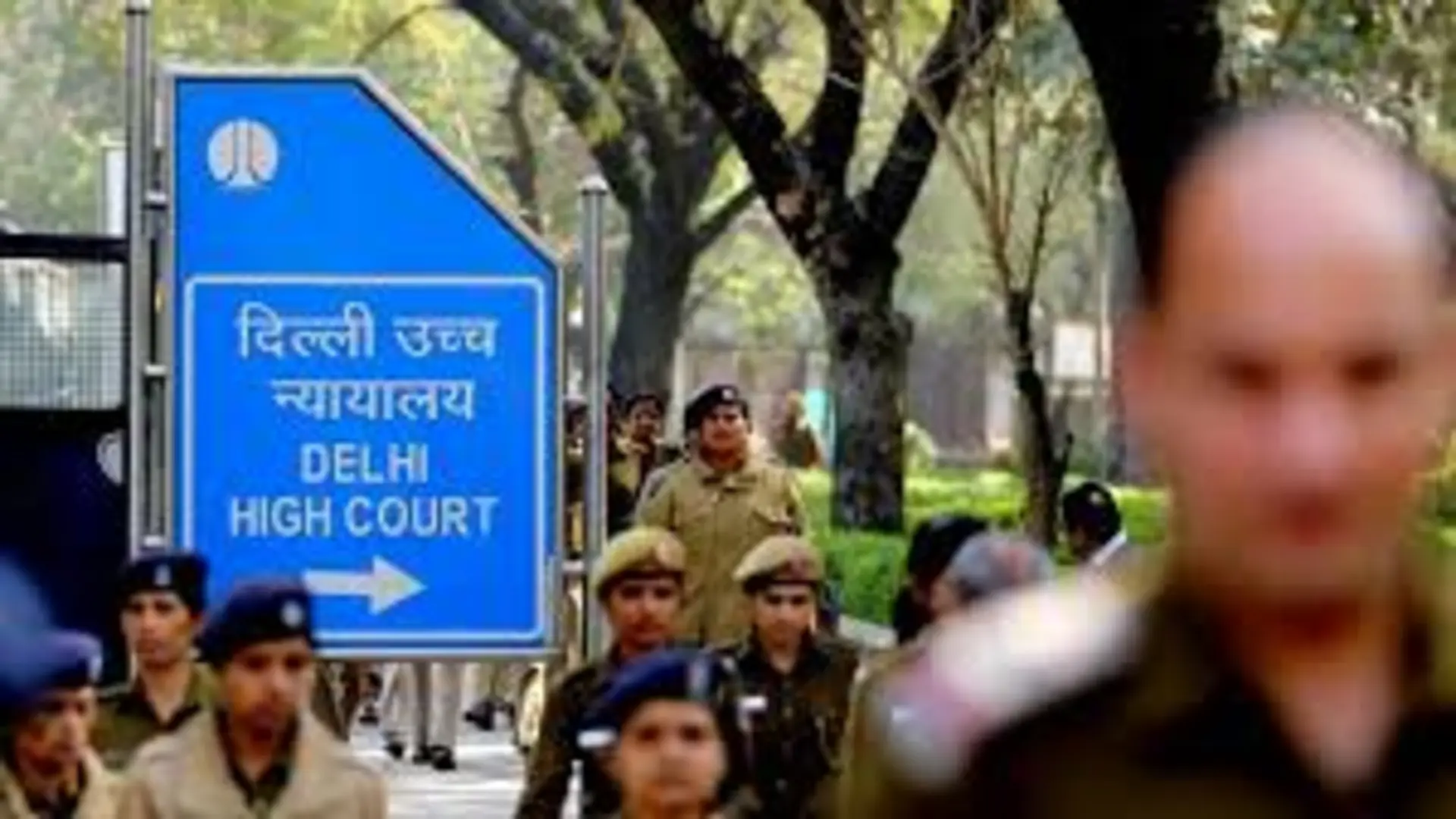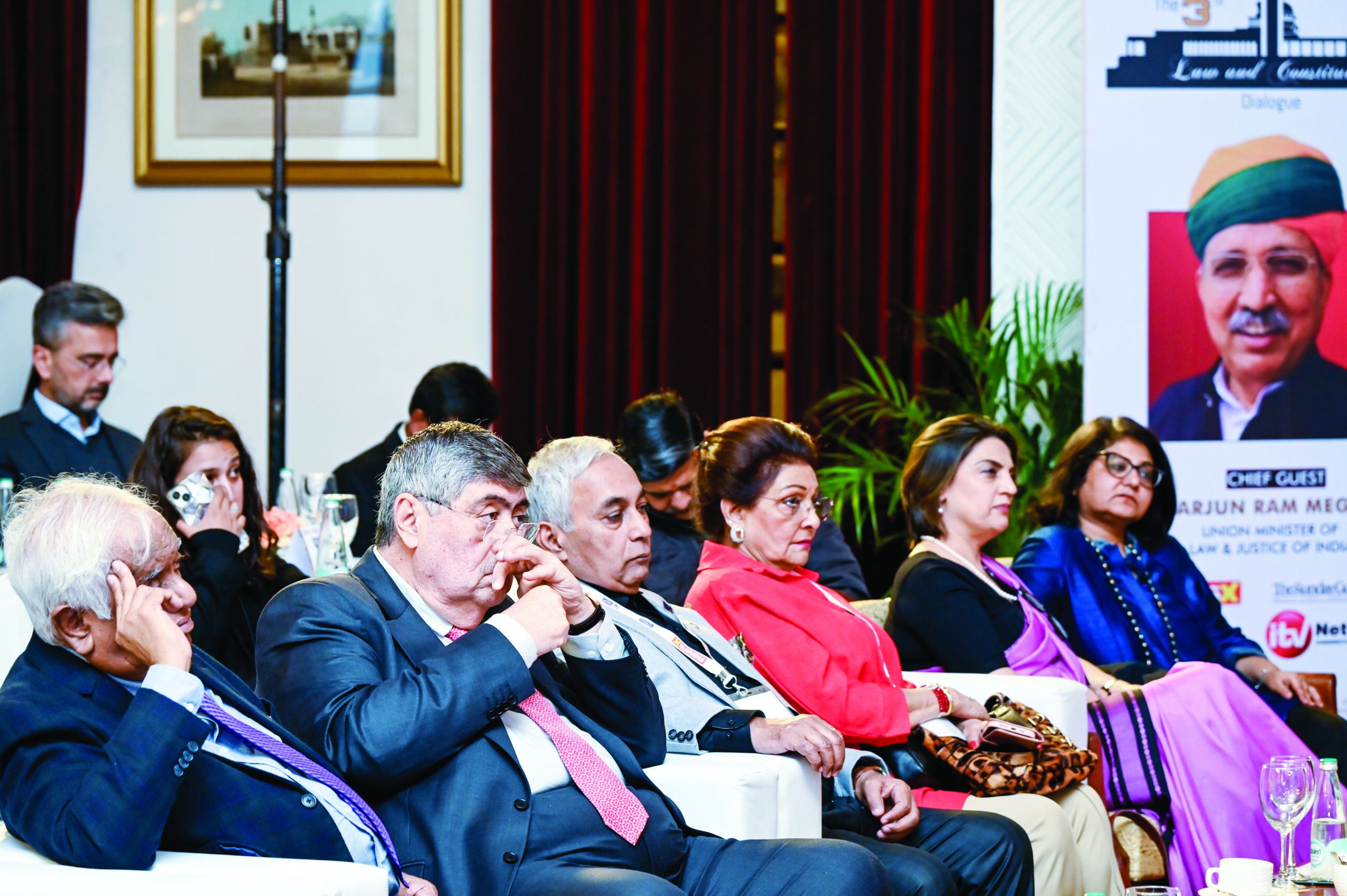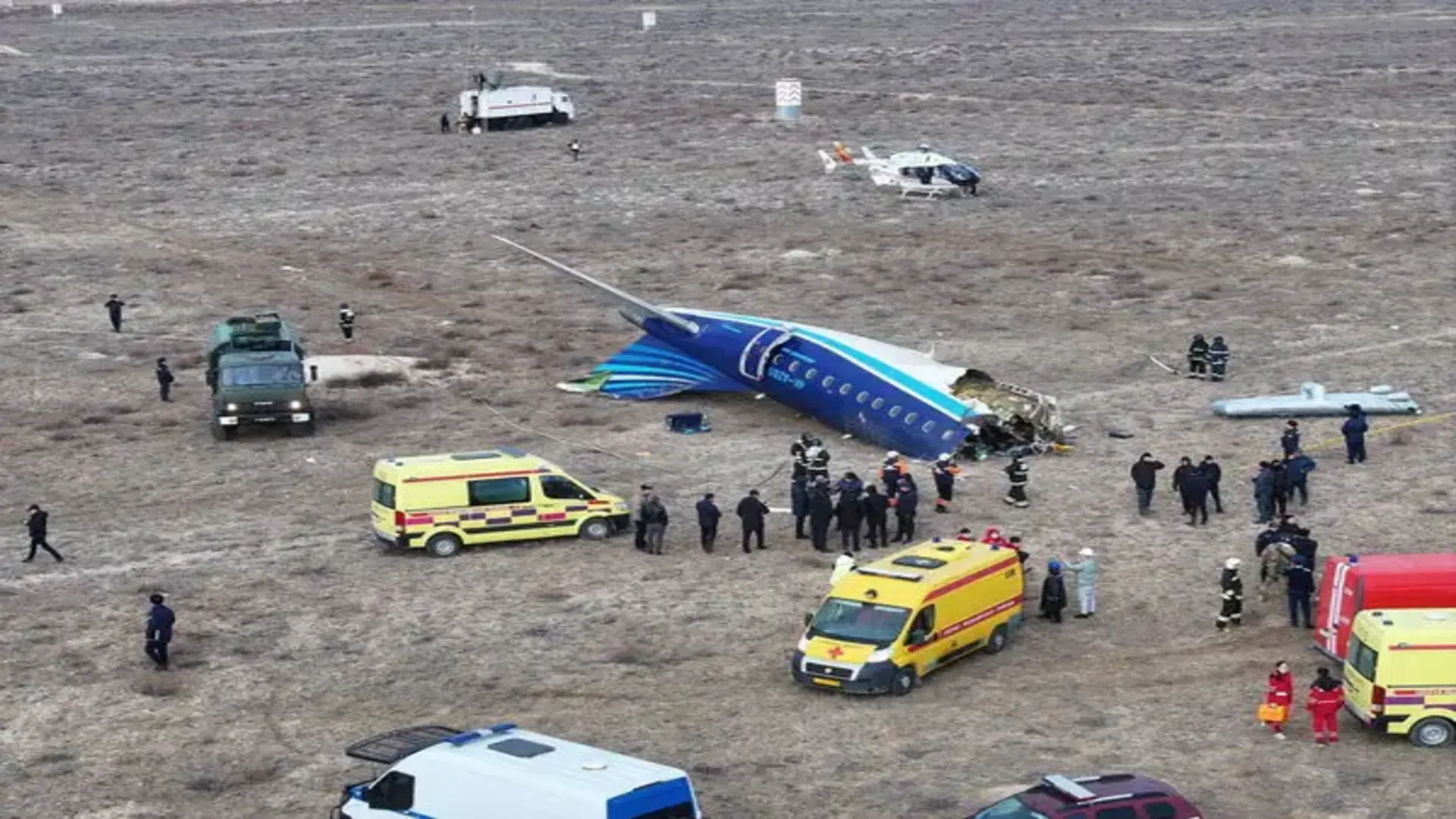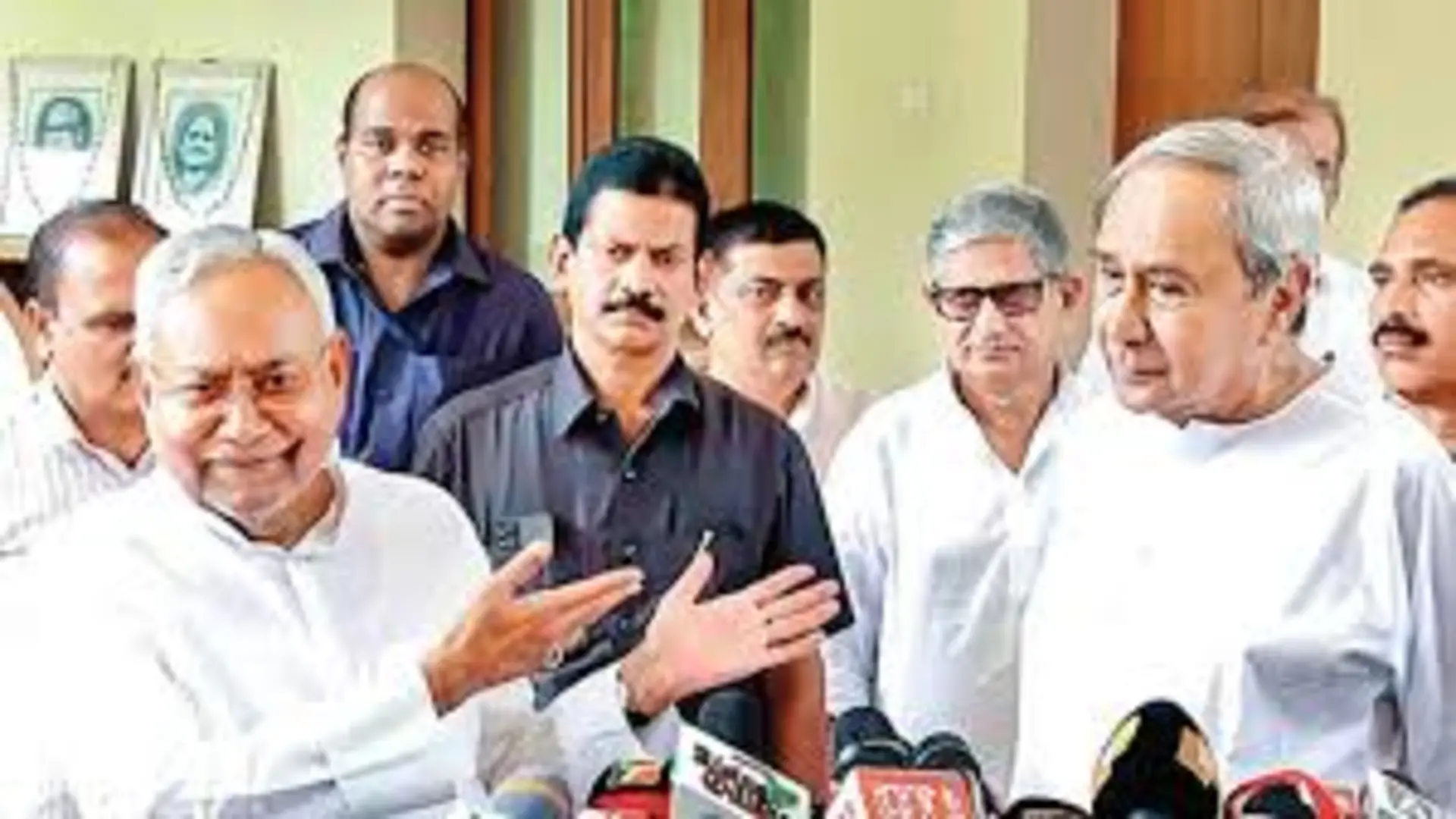The main reason why people think of this option is the anonymity of their identity. Many people want to expose the malpractices present in the system but they avoid doing that because they have to give their identity and that puts their lives into danger. These people want to expose the malpractices so the only option left with them is to take the help of these online sites to bring all these data in public. It is a lot easier option to expose anything via Internet because here we don’t have to get the print out of all the documents. Nowadays all the government offices have also become digitalized, so it is very easier for low-level employees to get secret data that is enough to expose any malpractices present there.
The act in our country doesn’t allow anonymous compliant to be filed and if any such complaint is filed it is rejected straight away and the complainant has no other option than using the online tools for disclosing information.
INTRODUCTION
“The purpose of whistleblowing is to expose secret and wrong ful acts by those in power to enable reform.” — Glenn Greenwald
The term whistleblowing can be understood as raising our voice against some malpractices that are there in an organization. It can be understood as when any person discloses any information that is illegal or unethical present in any organization to the people at large. The term whistleblowing originally came from sports where referee blows their whistle to ensure that there is no foul play involved in the match. The RTI act 2005 is an effective tool for whistleblowers, because of this act only they can obtain any information about activities which they think are illegal or unethical. In many cases, they can bring corrupt practices to light by using this act only. A large number of whistleblowers were RTI activist, who believes that by doing this they can reform the government and end the malpractices that are present in an organization. But by doing this they have a constant threat to their lives because the information they seek from the government or any public offices can destroy the carriers of many corrupt officers.
These officers hold a very big position in these offices and have political connections as well so they can do extreme measures to take revenge. We can say that there were several problems in the existing structure of the act, lack of anonymity of the information seeker raises the chances of getting threats from the people who were at discomfort because of information. People use to harass or give threats to the person to take the request back and if the person did not do so then they even kill the person. Some of such examples Are the killing of Rajendra Prasad in Bihar who exposes the local government for corrupt practices in the police recruitment process and the public health sector as well in another case an RTI activist named as Amit Jethwa who exposes the illegal mining in the Gir forest area of Gujarat also gets killed. In the year 2003, an engineer named Satyendra Dubey in Bihar shot dead after he exposes the malpractices present in the golden quadrilateral project. After this, a call for an act that protects the whistleblower in India arises. After the wait of so many years in the year of 2014, a whistle blower protection act is enforced. Under this act, it is the government’s responsibility to ensure the protection of the whistleblower against the victimization and to conceal their identities. But even after the introduction of this act the number of death of the RTI activist continue to increase in our country. some states also say that they will provide police protection to those activists whose lives were in danger but there were several loopholes in this system as well.
LEGAL FRAMEWORK OF OUR COUNTRY ON WHISTLEBLOWING
The Indian companies (Amendment) Act, 2017 – There is a concept of whistleblowing that is provided by this act, but this term is nowhere expressly mentioned in the act. Under chapter 14th of the companies’ act 2013, that is inspection, inquiry, and investigation the concept of whistleblowing is given. Under the act, it is said that whistleblowing is not an individual job to do but it is an obligation of everybody who is working for an organization to look at its functions and report if he thinks that the organization is not working properly. Under the section 218 of the act, protection is given to the employees while the investigation, this act promotes that every individual who thinks and has reason to believe that the company is using any malpractices or not doing the work by the companies act 2013 then he/she can make an official complaint of the same to the registrar of the company.
Whistleblower protection act 2014- The main motive behind the incorporation of this act is to provide a platform where any person can disclose any information regarding the malpractices or illegal activities present in a company or they can file a complaint against the public servants who were misusing their powers. This act provides us the opportunity to disclose any information through public interest disclosure before the competent authority. The person who is disclosing any information through public interest disclosure has to reveal his identity before the authority and no complaints should be entertained if the person is not revealing his identity. The identity of the complainant is needed only to cross check that whether the complaint is filled by himself or any other person is using his name without his knowledge. If the identity and the facts of the complaint are established then after that the authority will investigate into that matter discreetly. If the identity of the complainant is disclosed by any means then there should be an internal inquiry in that manner and the person responsible for disclosing the identity should be punished according to the law. This act also protects the person against any victimization, if the authority thinks that there is a need to protect the complainant then they will do the necessary arrangements to protect the complaint from any threats.
CORPORATE FRAUDS
• THE INFOSYS EPISODE In this case, a group of employees filed a complainant against the top management of the company under which it is stated that the company is using unethical and illegal practices to increase the profits and the short term revenue. The complainant sends that complaint to the board of directors of the Infosys and the US Securities and Exchange Commission because the company is registered in the US and it allows filling confidential complaints with it. In the complaint, the complainants did not reveal their identity because if he will reveal his identity then he has to face the retaliation of the same. The complainant also assured that they have evidence such as call recording and a copy of the email that will prove the above allegations. In the complaint, he alleges the CEO, Mr. Salil Parikh that he directed them to manipulate the documents and make wrong assumptions. Another thing that is stated in the document is that the position of the CEO of Infosys is to be based in Bangalore itself so why the company is not forcing the CEO to begin his work from Bangalore, not from Mumbai. The funds that are used in the visits of the CEO to Bangalore belong to the company, if he wants to work from Mumbai then all the traveling expenses to Bangalore are covered by his salary only not from the funds of the company. But after all the investigation conducted by the audit committee of the company, they gave a clean chit to the CEO of the company that they did not find any substantial evidence confirming the same. The SEC also gave a clean chit to the company in this matter.
• THE SATYAM SCAM – In this, the company misrepresented the accounts of the company to the board, the investors as well as the shareholders. In this scam, the company is alleged in fraudulent auditing practices that are done by the chartered accountants and the auditors of the company. This company is following the whistleblowing policies since it’s starting but it is not followed correctly and due to that only it leads to such a big scam. In this scam, the chairman of the Delhi metro rail corporation suspected big mischief that is happening in the company and raised a red flag about the same in front of the head of the planning commission of India. After all these accusations the owner of the company Ramalinga Raju surrendered himself to the police for the fraud. The original whistleblower that is the chairman of DMRC faced defamation charges by the Andhra Pradesh government because of his letter.
• THE RANBAXY COMPANY FRAUD- In this the whistleblower named Dinesh Thakur was an employee of that company and he suspected that some malpractices are being practiced in the company and because of that he raised his concerns to the concerned authority. But after that, he was forced to resign from the company because the issues he raised consists of drug development, manufacturing, and testing data, and these were very serious allegations so the company management forces him to resign. After resigning he started working for the US food and drug administration and from there he was able to expose the malpractices present in the Ranbaxy Corporation. Only because he took the protection of the US whistleblower protection programme.
WHISTLEBLOWING IN NEW ERA: BY INTERNET
The main benefit that people think of this option is the anonymity of their identity. Many people want to expose the malpractices present in the system but they were not doing that because they have to give their identity and because of that theirs, as well as their family, lives come into danger. These people want to expose the malpractices so the only option left with them is to take the help of these online sites to bring all these data in public. It is a lot easier option to expose anything by the internet because here we don’t have to get the print out of all the documents, where we can just share them as they were available in soft copies. Now a day all the government offices have also become digitalized so it is very easier for low-level employees to get secret data that is enough to expose any malpractices that were present there.
There were many sites such as wiki leaks that offer the whistleblower a sophisticated platform to give that information without giving any of their personal information. They claim that they even do not keep the record of where you uploaded that thing, your time zone, or even your browser. Due to all of these benefits people tend to use these platforms more than the government laid procedures because in that we have to disclose our identity. With all the benefits that we are getting by the online platforms, there were some risks also attached to them such as the threat to national security. Our government agencies have some power to protect national interest they can have some information as secrets with them. These documents are very important for the development of the country and if such documents are leaked by anyone over the internet then the image of the country is degraded worldwide. It will also jeopardize the security of the nation, so we have to be cautious all the time before using any platform for discussing such things.
MEASURES TO PROTECT WHISTLEBLOWERS
• PUBLIC INTEREST: As discussed in the case Common Cause and Ors. Vs. Union of India and Ors. The Supreme Court has mentioned that the whistleblower cannot be penalized if he discloses any confidential information for the public interest. Currently, as per the act, every disclosure is a public interest disclosure, there is no specific definition for the public interest is given in our statutes. Because of this many times, there was confusion regarding the information that whether it can be of public interest or not.
There is a difference of opinion between many agencies regarding this topic so in our country we need a test that could define whether the disclosure of particular information is of public interest or not. We can decide this thing by looking at whether the disclosure of information informs the public about the working system of the organization, whether the disclosure helps in the decision-making system of the government, whether the disclosure of information informs the public about the danger that is there on their lives because of the negligent conduct of an organization if these type of disclosure is happing by anybody then the agencies can choose not to disclose by saying that it is not in the public interest but by seeing the larger picture in the place we can see that the agencies were only trying to save themselves from the embarrassment caused by their actions. So there should be a test to determine this in our country.
• ANONYMOUS COMPLAINTS: The act in our country doesn’t allow anonymous compliant to be filled and if any such complaint is filled it is rejected straight away and the complainant has no other option than using the online tools for disclosing information. In our country the government didn’t entertain the anonymous complaints because several complaints are there without any evidence, these are filled only to defame that particular person. It would take a very large amount of task force and time to check the validity of each complaint and to save themselves from this, the government didn’t allow anonymous complaints. There is a need to find a solution to this problem because many times the complainant did not want to disclose the name and he could have some information that is of national security and because he cannot disclose such information to the government he chooses to disclose it online and the information jeopardizes the national security. In this case, we cannot blame the complainant completely because even we did not give him the chance to disclose that information to us. Some countries develop a solution to this problem such as establishing a hotline in Germany that allows the whistleblower to share his information without giving his credentials, In Indonesia, they develop a website where the whistleblower can share such information and in South Korea, they also established an anonymous hotline for this.
· VICTIMISATION: The act in our country has a very general idea about the protection of the victimized whistleblower. It only directs the concerned authority to give protection to the whistleblower but the authority has the final call over it and in almost all the cases the local authority was not so efficient in providing securities to them because of the local pressure by those against whom the whistleblower has filled the complaint.
Certain things could empower the whistleblower if added in the act were if the whistleblower has the entitlement of getting a transfer from a place or to revoke his transfer then this will give some sense of job security to him. In many cases, the whistleblower is falsely arrested in some different cases to pressurise him to take back his complaint so there should be a rule of immunity from prosecution given to the complainant. He should have given legal assistance by the government to fight from any other false complaint against him. People try to harass the whistleblower in any way possible so if he had legal assistance with him then he can fight with all of this easily. If the whistleblower thinks that he has some kind of threat to the life of him and his family then they all should have given police protection. The competent authority may analyze the threat level and after that, they can decide the level of protection they get.
• INCENTIVES: There is no such concept of giving incentives is there in the act but if some person provides a false complaint against someone just for his grudge then the person will get punishment according to section 17 of the act. So if any person is getting punished for giving false information then why not give a reward to the person that discloses very important information and because of that information the government gets various benefits and also the lives of the people are saved. So according to me, the government can give some incentives to such people. The only problem, with this rule, is that after this many people will complain only about the reward.
But this problem can be solved the government punishes those people who allegedly file complaints to settle his grudge then only in that way the government can recognize that whether the complaints filed by him are in the interest of the public or not.
CONCLUSION
In our country, the condition of protecting the whistleblowers is not very encouraging, even after implementing so many acts and doing amendments to them the condition of the system is not good. One of the major problems is corruption is present in every department and office whether private or government. Companies don’t let their employees speak against them, and if anyone dares to raise their voice against the malpractices then the company use its enormous wealth and power to win that case and after that the employee that raised his voice, either he gets terminated from the company or his life becomes miserable their so he had to leave that company. In our country to be a whistleblower enormous strength is required, everybody cannot take such amount of pressure that a whistleblower gets in our country.













